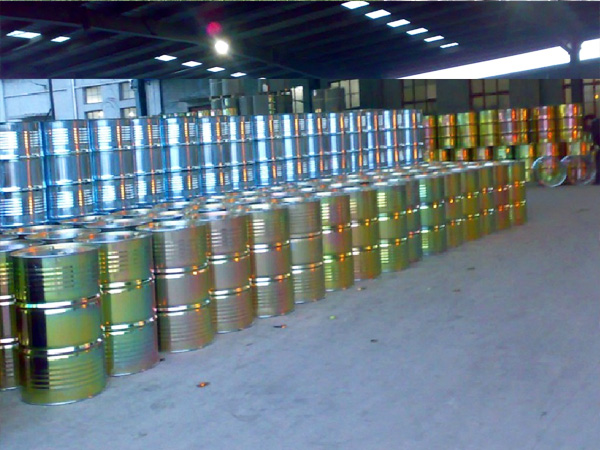Acetone is a solvent with a low boiling point and high volatility. It is widely used in industry and daily life. Acetone has a strong solubility in many substances, so it is often used as a degreasing agent and cleaning agent. In this article, we will explore the substances that acetone can dissolve.
First of all, acetone has a strong solubility in water. When mixing acetone with water, it will form an emulsion and appear as a kind of white cloudy liquid. This is because the water molecules and acetone molecules have strong interactions, so they can form a stable emulsion. Therefore, acetone is often used as a cleaning agent for cleaning greasy surfaces.
Secondly, acetone also has a high solubility in many organic compounds. For example, it can dissolve fat and wax, so it is often used for extracting fats and wax from plants. In addition, acetone is also used in the production of paints, adhesives and other products.
Thirdly, acetone can also dissolve some inorganic salts. For example, it can dissolve calcium chloride, sodium chloride and other common salt. This is because these salts are ion-bonded compounds, and their solubility in acetone is relatively high.
Finally, it should be noted that acetone is a highly flammable and volatile substance, so it should be handled with caution when using it to dissolve other substances. In addition, prolonged exposure to acetone may cause irritation to the skin and mucous membranes, so it is recommended to use protective measures when using it.
In summary, acetone has a strong solubility in water and many organic compounds, as well as some inorganic salts. Therefore, it is widely used in industry and daily life as a cleaning agent and degreasing agent. However, we should also pay attention to the flammability and volatility of acetone when using it to dissolve other substances, and take necessary protective measures to protect our health.
Post time: Jan-04-2024





